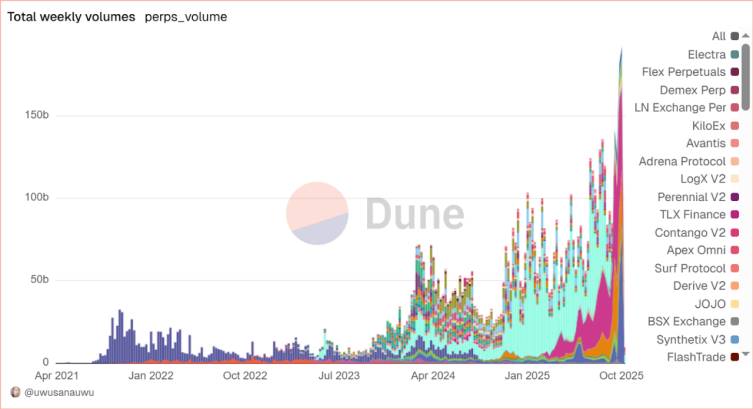Strategy Slows Bitcoin Purchases Amid Equity Challenges
- Main action is Strategy’s slowdown in Bitcoin purchases.
- Equity issuance premium dropped significantly.
- Strategy remains the largest corporate Bitcoin holder.
Strategy, previously MicroStrategy, has drastically slowed Bitcoin purchases in October 2025, acquiring only 778 BTC, amid deteriorating financial conditions and capital-raising challenges.
This significant slowdown could indicate stricter financial controls impacting its aggressive Bitcoin accumulation strategy.
Strategy’s Slowdown in Bitcoin Purchases
Strategy’s slowdown in Bitcoin purchases marks its lowest monthly rate since 2021. The company added 778 BTC in October, significantly down from September’s figures. This decision reflects larger economic conditions and capital market dynamics impacting their strategy.
Executive Chairman Michael Saylor , known for his Bitcoin advocacy, leads Strategy. Despite the drop in purchasing, the firm holds over 640,000 BTC. Capital raising challenges, primarily equity premium collapse, are major factors in the purchase reduction.
Immediate Effects
Immediate effects mainly impact Bitcoin markets as Strategy’s buying slows. However, being a large corporate Bitcoin holder, Strategy’s actions often signal broader institutional trends. The market watches closely for changes in their purchasing behavior.
Financially, the collapse of Strategy’s equity issuance premium has reduced their ability to raise capital efficiently. Their stock has also declined significantly, which complicates further capital acquisition for Bitcoin investments.
Future Tactics and Market Dynamics
Strategy’s actions this year show a record Bitcoin investment amount, despite the recent slowdown. They have invested $19.53 billion so far, close to surpassing previous records. Future buying tactics likely hinge on shifts in external financial conditions.
Potential financial outcomes include tighter buying strategies or shifts toward alternative funding methods as Strategy navigates current market conditions. Historical on-chain trends with past aggressive purchasing suggest shifts in institutional interest, affecting Bitcoin’s market dynamics without immediate DeFi protocol impact.
“The slowdown in Bitcoin purchases reflects our current challenges in capital raising, which have significantly impacted our equity issuance premium.” — Michael Saylor, Executive Chairman, Strategy
Disclaimer: The content of this article solely reflects the author's opinion and does not represent the platform in any capacity. This article is not intended to serve as a reference for making investment decisions.
You may also like
Soros predicts an AI bubble: We live in a self-fulfilling market
The article uses Brian Armstrong's behavior during the Coinbase earnings call to vividly illustrate George Soros' "reflexivity theory," which posits that market prices can influence the actual value of assets. The article further explores how financial markets actively shape reality, using examples such as the corporate conglomerate boom, the 2008 financial crisis, and the current artificial intelligence bubble to explain the workings of feedback loops and their potential risks. Summary generated by Mars AI This summary was generated by the Mars AI model, and the accuracy and completeness of its content are still being iteratively improved.

In-depth Research Report on Perp DEX: Comprehensive Upgrade from Technological Breakthroughs to Ecosystem Competition
The Perp DEX sector has successfully passed the technology validation period and entered a new phase of ecosystem and model competition.

Space Review|Farewell to the Era of “Narrative Equals Hype”, TRON Rebuilds Market Confidence with Real Yields
As the crypto market shifts from “listening to stories” to “seeing results,” TRON demonstrates a feasible path through its solid ecosystem foundation and value circulation.

Bitcoin (BTC) Holds Key Support — Could This Pattern Trigger an Rebound?
